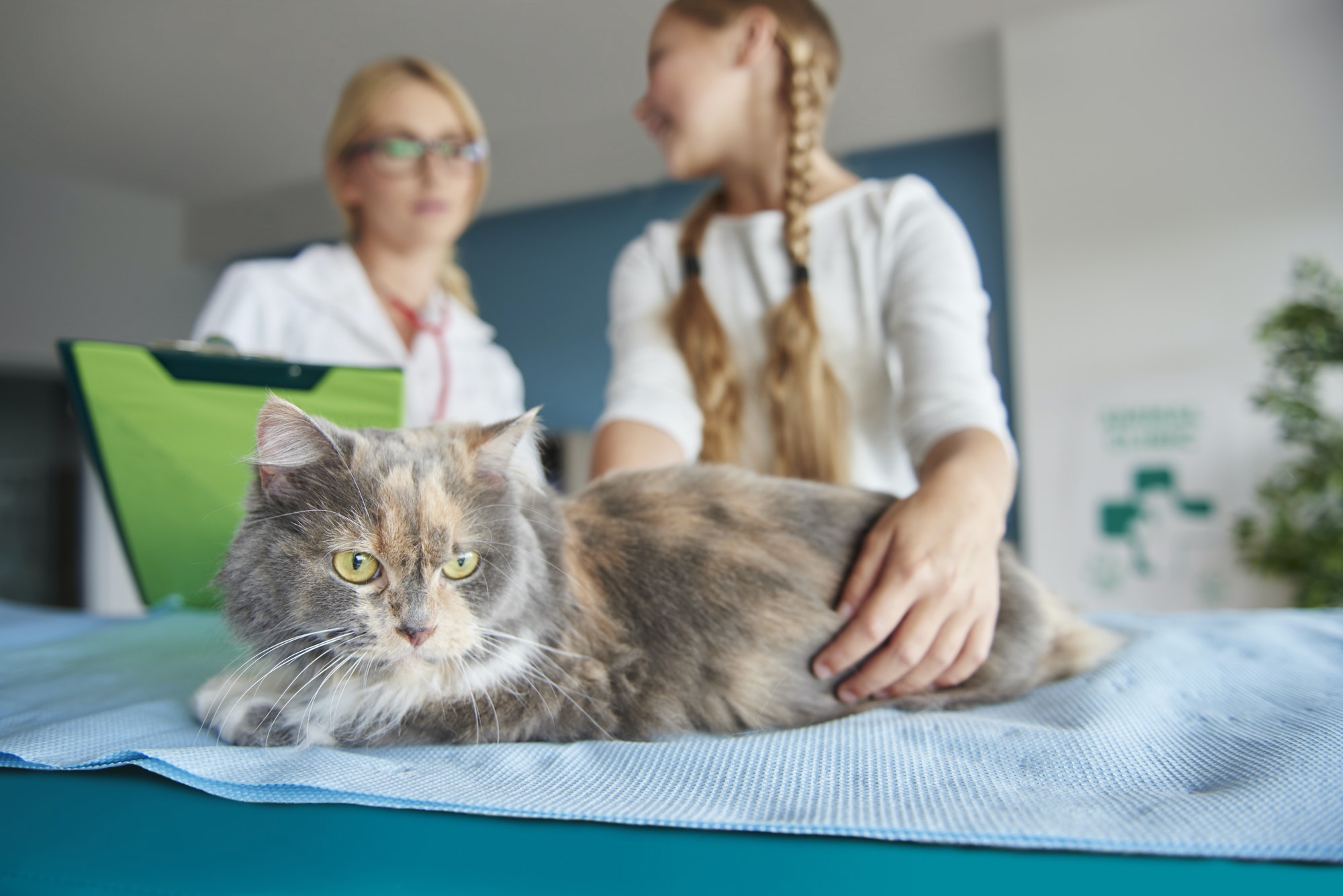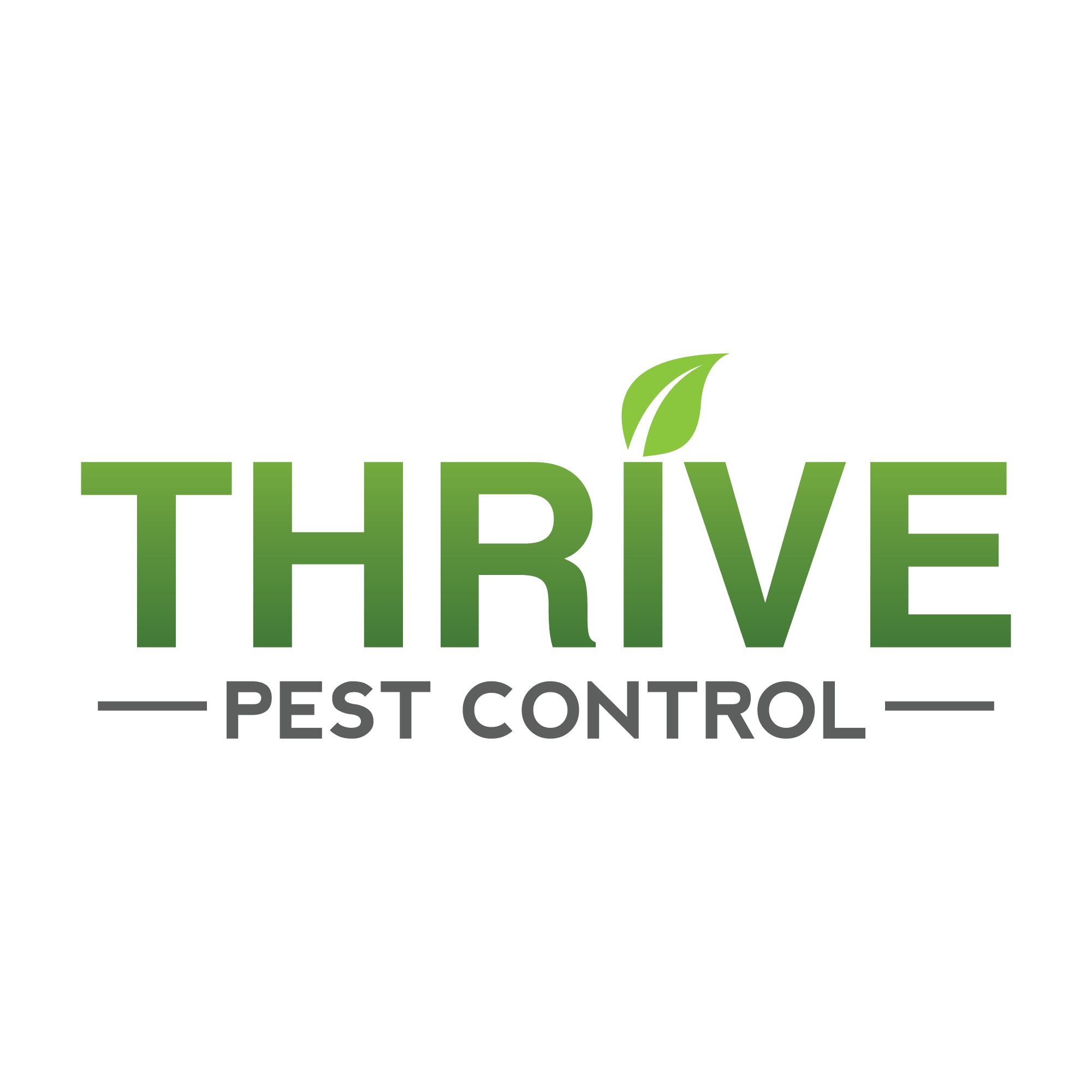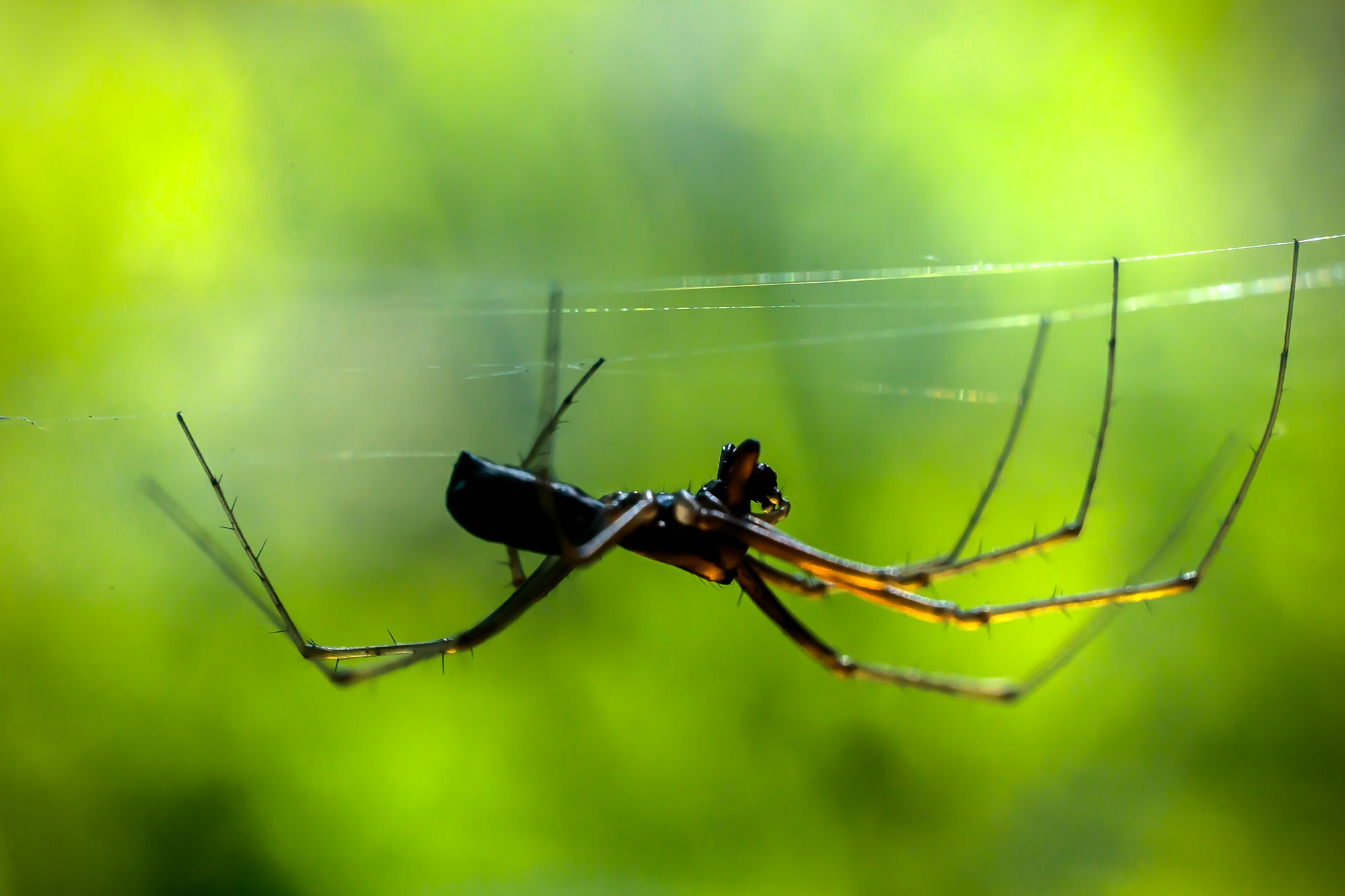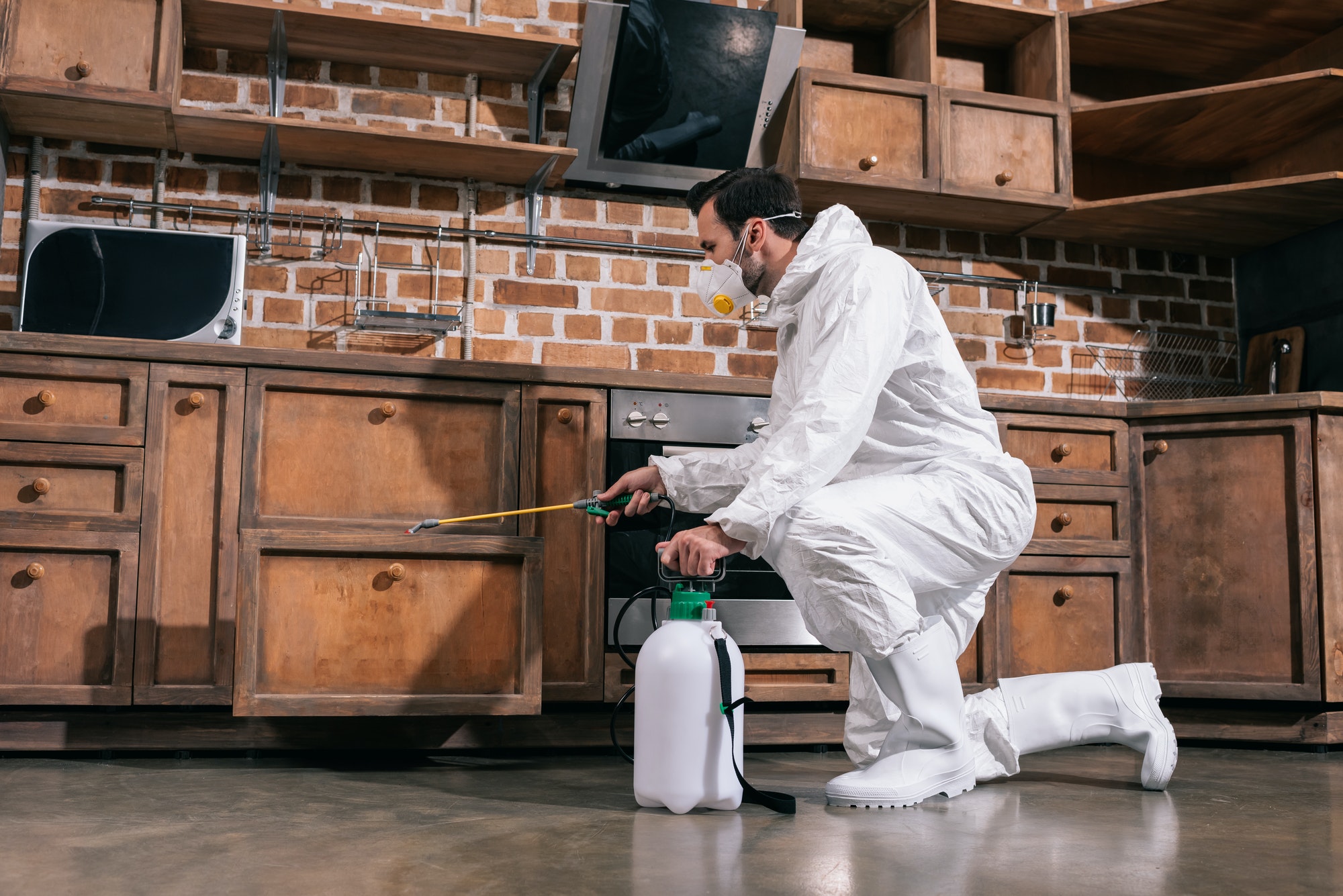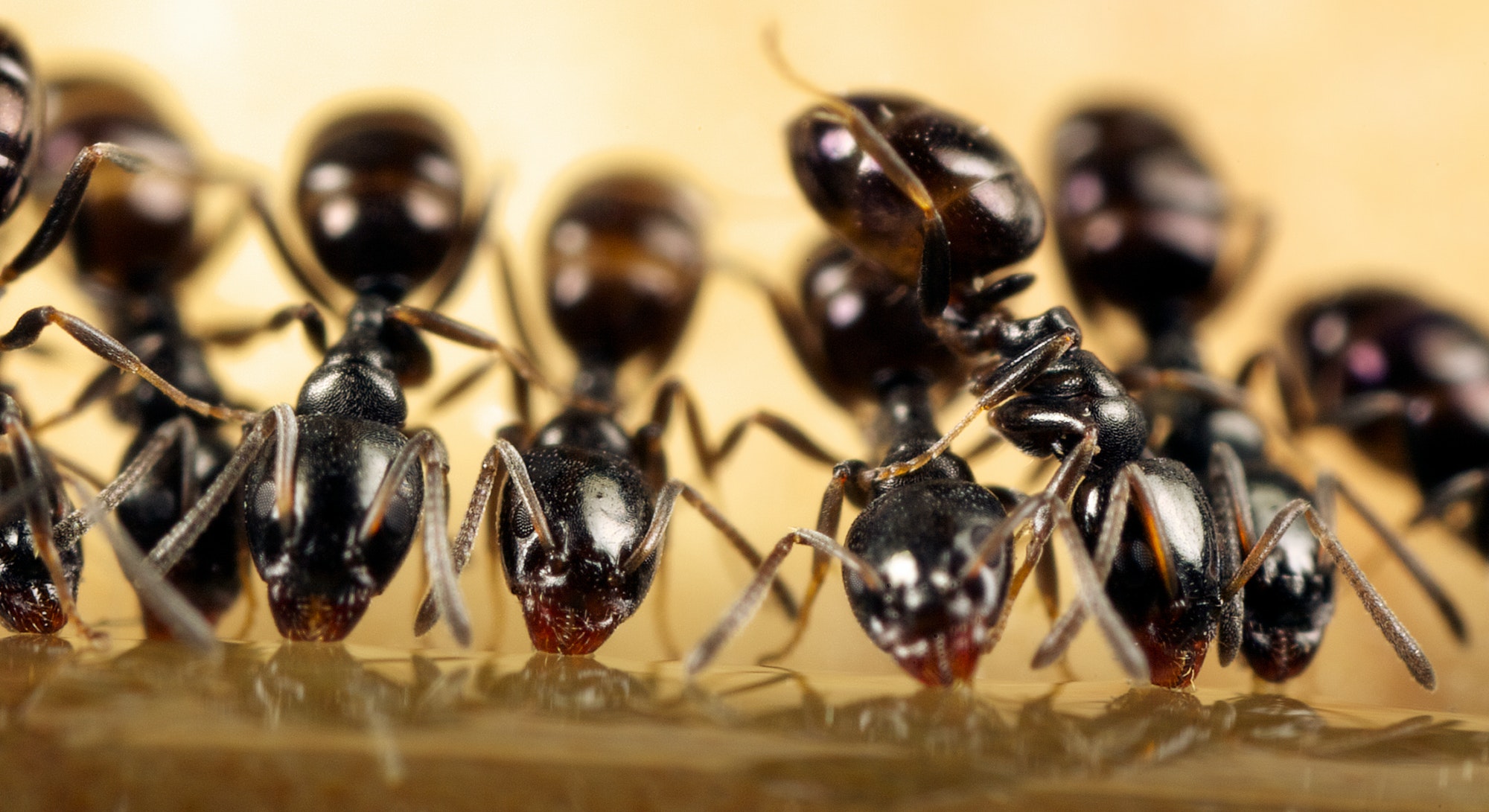Will Pest Control Hurt Cats?
From personal experience I have to say that pest control does hurt cats in certain situations. Growing up I had an adventurous cat who ate rat poisoning we had set out and hidden in our garage. He had found a way to uncover the poison and ate the whole trap. We had to rush him to the vet and get his stomach pumped and he was infused with an antitoxin. He survived and ended up being fine but the pest control could have very much killed him. Upon further research, I discovered that I am incorrect. “In fact, most pest control treatments do not affect pets and are considered safe, but a few may end up proving harmful” (Pest Tactical). Since cats use their sense of smell to explore, they may inhale or ingest a harmful pesticide that is put out.
Which is exactly what happened to my cat. It just happens to be that some pest control is more toxic to cats than others. Baits for rodents and most spray pesticides are the most dangerous for pets according to NebGuide.
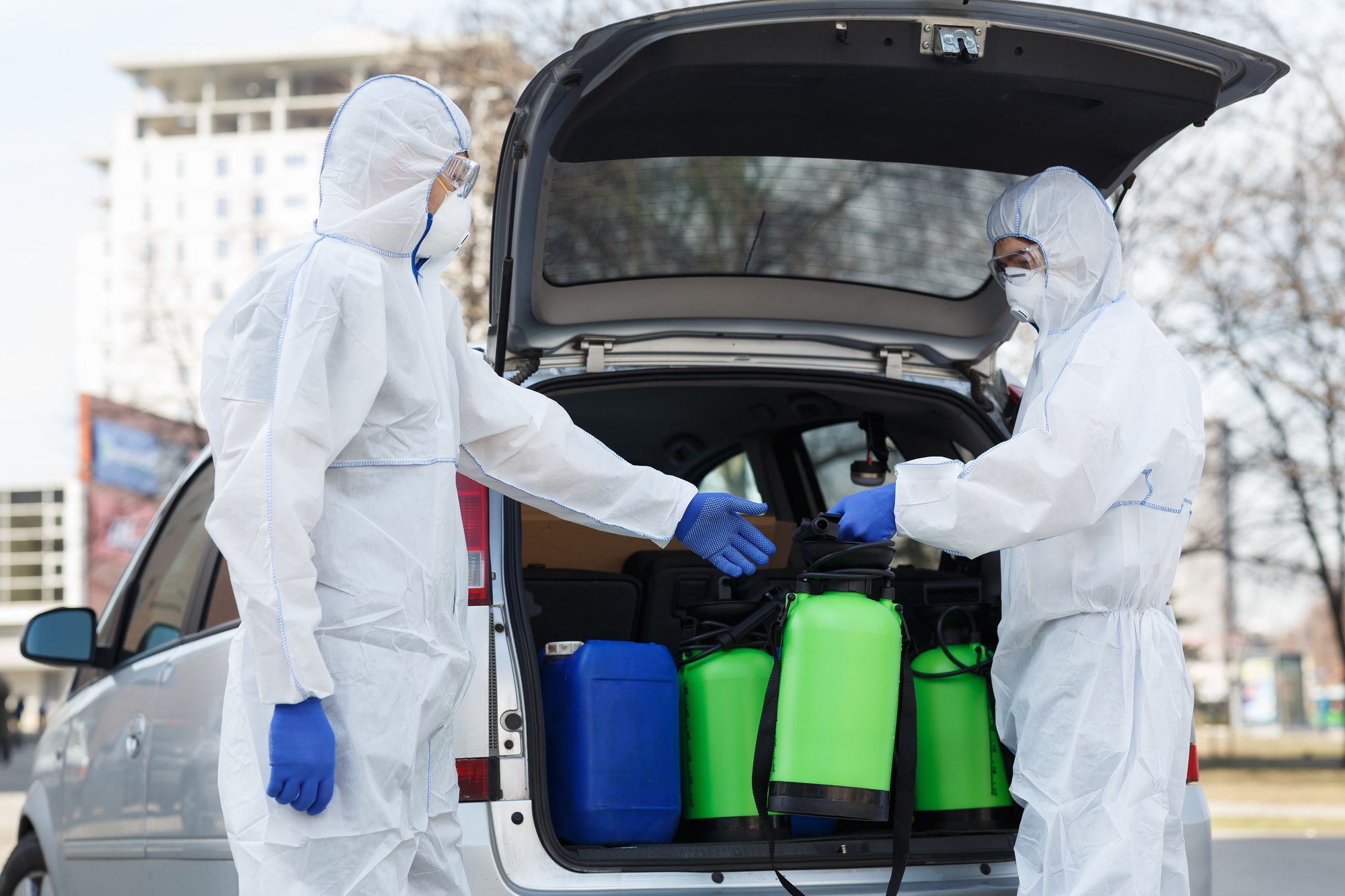
Cats in particular are highly sensitive to synthetic pyrethroids (often found in insecticides) which trigger seizures, tremors, muscle spasms, and even death (Review study: Dymond and Smith. 2008.
Australian Veterinary Journal). Cats absorb more chemicals than dogs due to their grooming habits (Beyond Pesticides). Because cats are specialist carnivores, they lack certain enzymes in their liver that detoxify chemicals. This makes cats especially vulnerable to the effects of chemical exposure.
Most bottles will have specific labels on how to safely use and how to properly store the pest controls. Following such instructions limits the rate of danger cats are exposed to. The National Pesticide Information website has a list of precautions cat owners need to take in order to safely administer pesticides on or around cats.
But, there are many products humans use that they are unaware cause harm to cats because they are not toxic to us. For example, Chemical disinfectants containing phenols (i.e. Pine-Sol, Dettol, many essential oils) and quaternary ammonium compounds (i.e. benzalkonium chloride) are highly toxic to cats, and can cause hypersalivation, hyperthermia, oral ulcers, neurological damage, liver failure, and death (Addie et al. Journal of Feline Medicine and Surgery.)
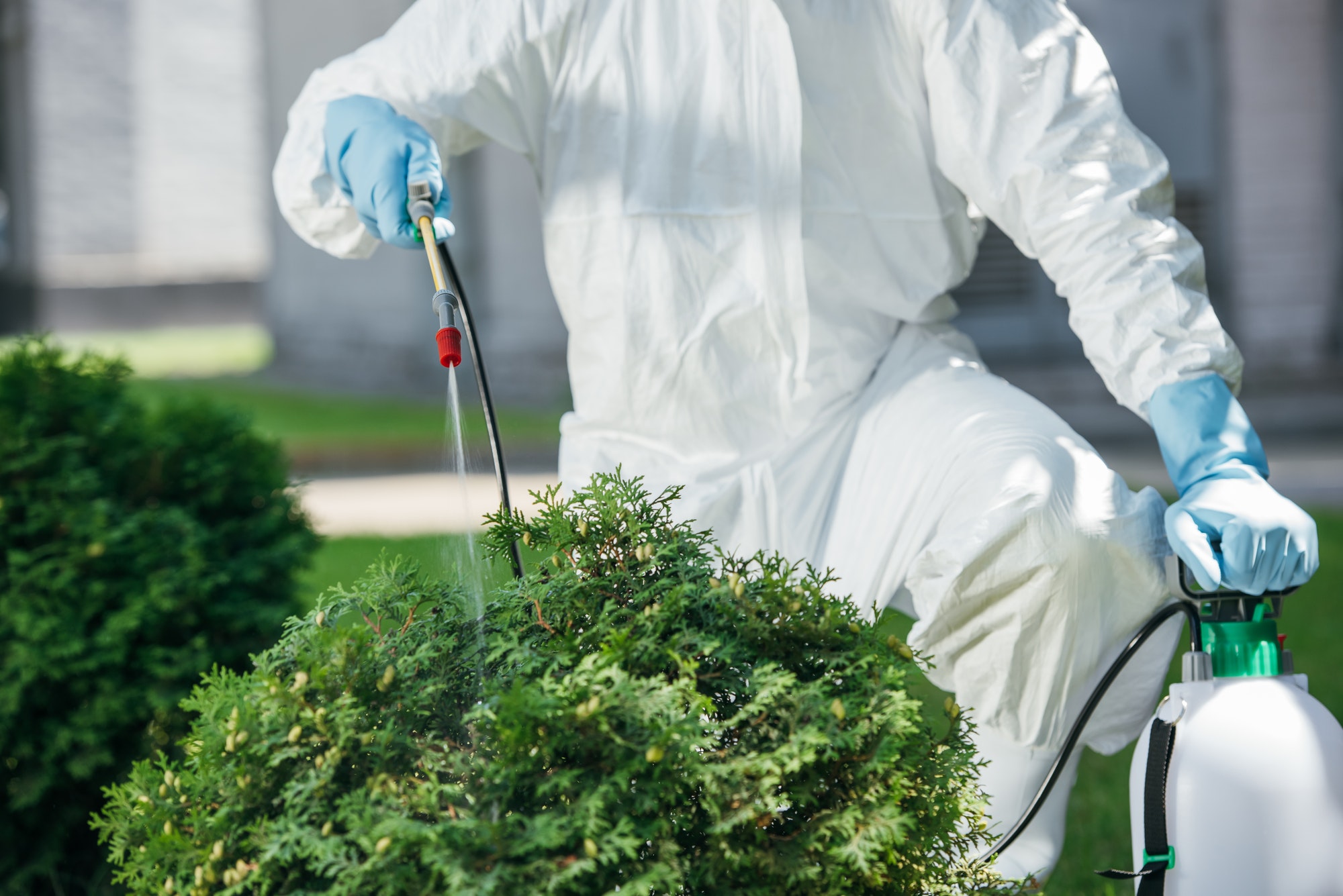
Flea and tick medicine in particular show that the benefits of pesticides outweigh the risks because of the diseases they prevent for cats such as Tapeworms, Anaplasmosis and Lyme disease. “As high as 80% of fleas collected from cats contain at least one organism that could induce illness in cats or people,” (Lappin, Michael). Yet, According to EPA data, just one flea and tick medication, “Pet Armor Plus,” was the cause of over 1,300 pet poisonings within a 10 year span.
Altogether, pest controls pose many dangers to cats, but those risks have to be taken in terms of flea and tick medicine in order to prevent other more likely diseases from infecting the animal. Pest controls used to kill rodents and insects on the other hand should be used with much precaution and stored very safely because of the harm they will cause cats if they are exposed. Knowing all the risks of the products you use as well as doing research on all other airborne items in your home will cut back on the dangers cats will face.
